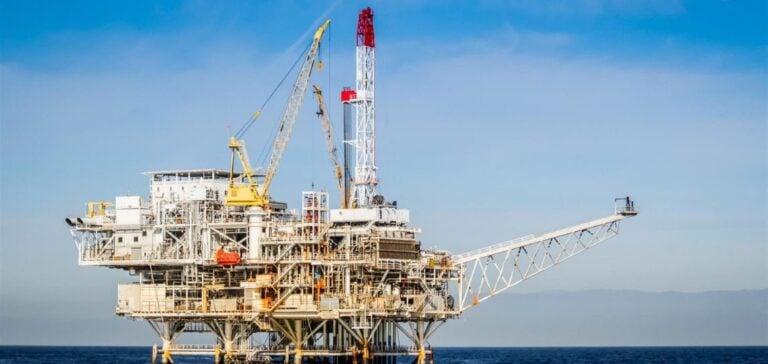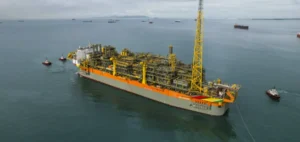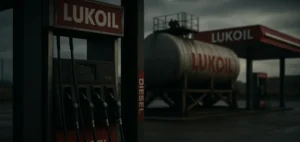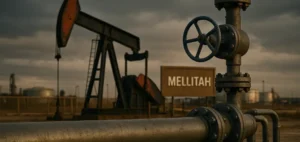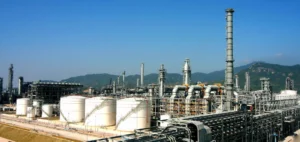Saturday night marked a turning point with Iran’s attack on Israel, in direct response to an Israeli strike on Damascus. This action, which limited casualties while demonstrating significant strength, did not lead to the expected rise in oil prices. Experts suggest an Iranian strategy aimed at avoiding escalation while demonstrating its ability to retaliate.
Market responses and analyses
Surprisingly, oil prices did not soar in the wake of these events. Ole Hvalbye and Jorge Leon, analysts at Seb and Rystad Energy respectively, explain that Iran’s measured response aims to deter without provoking a military escalation. This price maintenance reflects a market perception that a major escalation remains unlikely.
Impact on Iranian exports
Despite the tightening of international sanctions, Iran continues to play a key role in the global oil market. Producing 3.25 million barrels per day in March, Iran has increased its production significantly since 2020. Tamas Varga of PVM Energy points out that Iran is maintaining its exports to support its economy despite external pressure.
OPEC+ capabilities and strategic preparations
In response to regional instability, OPEC+ has maintained a significant production reserve, able to modulate supply according to geopolitical needs. Bjarne Schieldrop, analyst at Seb, points out that the organization has more than five million barrels per day in reserve, ready to be used if necessary to stabilize markets.
The current stability of oil prices, despite the tense situation, demonstrates the market’s resilience in the face of geopolitical shocks. This ability to adapt is essential to maintaining overall economic equilibrium, even in times of heightened tension.


